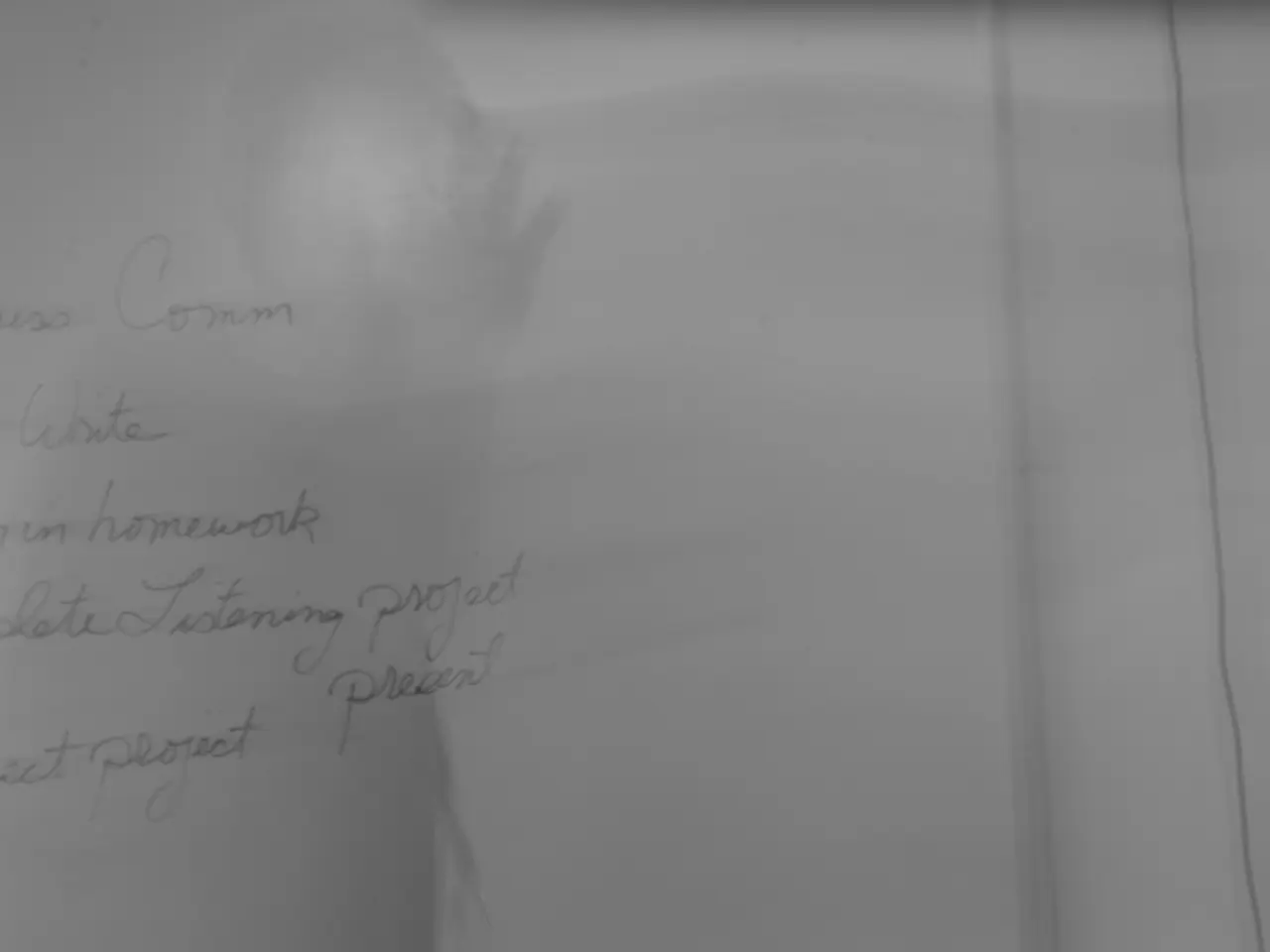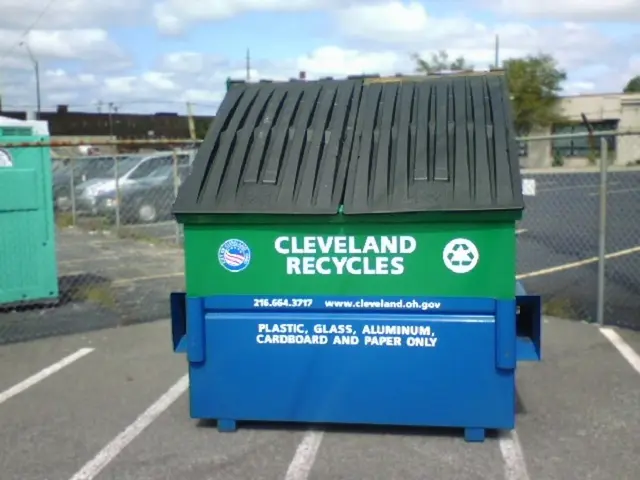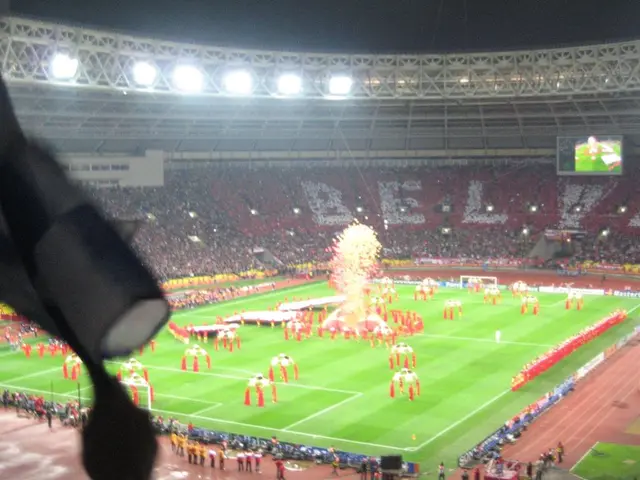International powers in Europe announce readiness to reinstate sanctions against Iran at the United Nations
In a tense diplomatic standoff, the foreign ministers from France, Germany, and the UK - collectively known as the E3 - have threatened to use the snapback mechanism under UN Security Council Resolution 2231 to reimpose UN sanctions on Iran due to its nuclear program.
The E3 have made it clear that they are prepared to trigger the snapback mechanism by the end of August 2025, if Iran fails to make concrete progress on a nuclear deal or does not accept an extension of the deadline. This decision comes in response to Iran's lack of engagement and its firm refusal to extend the deadline.
The snapback mechanism, a part of the 2015 Joint Comprehensive Plan of Action (JCPOA), would restore sanctions lifted under the agreement, reinstate nuclear restrictions such as enrichment prohibitions, and cannot be blocked by any Security Council member. The mechanism must be triggered 30 days before the expiration of the snapback window in mid-October 2025.
Iran has strongly opposed the E3's right to trigger snapback, calling it "rule-twisting" and insisting that any extension decision belongs to the UN Security Council, not Iran itself. Meanwhile, Russia has criticized the E3's approach, and Iran is reportedly seeking assurances from Russia and China for continued military and economic support if sanctions snapback occurs.
The E3 countries, which also include the US, China, and Russia as signatories of the JCPOA, have stepped up warnings to Iran about its suspension of cooperation with the UN nuclear watchdog, the International Atomic Energy Agency (IAEA). The European countries have outlined engagements that Iran has breached, including building up a uranium stock to more than 40 times the permitted level under the 2015 deal.
The United States had been in contact with Iran over its nuclear activities, but these contacts were halted by the Israeli strikes on Iran's nuclear facilities in June. The three European powers have written a letter to UN Secretary-General Antonio Guterres and the UN Security Council, stating that they are committed to using diplomatic tools to prevent Iran from developing a nuclear weapon and are prepared to notify the significant non-performance of JCPOA commitments by Iran and trigger the snapback mechanism if no satisfactory solution is reached by the end of August 2025.
Iran denies seeking a nuclear weapon and has halted all cooperation with the IAEA after the Israeli strikes. However, the agency's deputy chief is expected in Teheran for talks on a new cooperation deal. If Iran continues to violate its international obligations, France and its German and British partners are prepared to reimpose global embargoes on arms, nuclear equipment, and banking restrictions that were lifted 10 years ago.
The tense standoff between the E3 and Iran comes after Israel launched a 12-day war with Iran in June, partly seeking to destroy its nuclear capability, and the United States staged its own bombing raid during the war. The European ministers have called the allegation that they are seeking to provoke a conflict "unfounded" and insist that as JCPOA signatories, they would be "clearly and unambiguously legally justified" to use relevant provisions of UN resolutions to trigger UN snapback and reinstate UNSC resolutions against Iran.
The E3 remain committed to a diplomatic resolution to the crisis caused by Iran's nuclear program and will continue to engage with a view to reaching a negotiated solution. The deadline for concrete progress or an extension is fast approaching, putting pressure on both sides to find a peaceful and lasting solution.
Read also:
- Massive 8.8 earthquake hits off the coast of Russia's Kamchatka Peninsula, prompting Japan to issue a tsunami alert.
- Court petitions to reverse established decision on same-sex marriage legalization
- Independence supporters in New Caledonia refuse agreement offering authority without a vote on sovereignty
- Proposed Standardization of Food Labeling Laws Among Member States by the Commission








